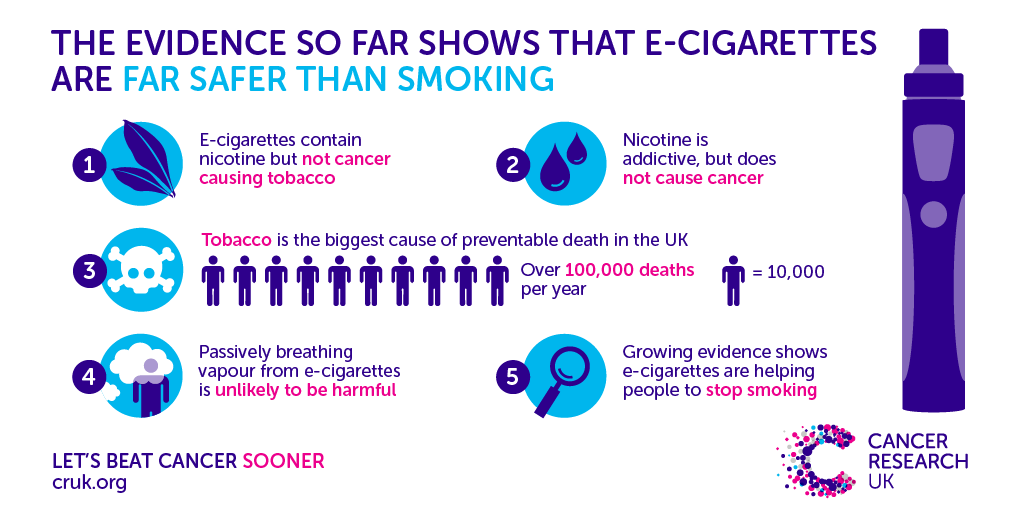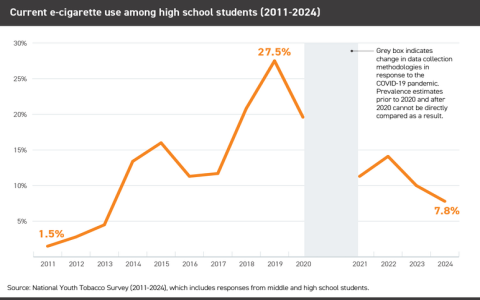Individuals use electronic cigarettes (e-cigarettes), also known as vapes, for a multifaceted range of reasons, often driven by personal circumstances, perceptions, and goals.
Primary Motivations: Health and Quitting
A significant number of users adopt e-cigarettes with health-related intentions or as a means to alter their smoking habits:

- Smoking Cessation: A primary reason is to quit or reduce consumption of combustible cigarettes.
- Perceived Harm Reduction: Belief that e-cigarettes are less harmful than traditional tobacco products, primarily due to the absence of tobacco combustion.
- Nicotine Control: The ability to select varying nicotine strengths in e-liquids, offering a potential pathway to taper nicotine intake.
Sensory Experience and Customization
The unique sensory aspects and customization options offered by vaping products are also strong attractors:
- Flavor Variety: A vast array of e-liquid flavors (e.g., fruit, dessert, menthol, beverage) offers a diverse experience compared to the limited flavor profile of traditional tobacco.
- Reduced Odor and Social Acceptability: Vapor from e-cigarettes is generally considered less offensive and dissipates more quickly than tobacco smoke, potentially leading to greater social discretion.
- User Customization: Many devices allow users to adjust settings such as power output and airflow, tailoring the vapor production and throat hit to personal preference.
Additional Influencing Factors
Other elements contributing to e-cigarette adoption include:
- Cost Considerations: For some, particularly heavy smokers of traditional cigarettes, vaping may be perceived as a more economical option in the long term, despite initial device costs.
- Social and Curiosity Factors: Influence from peers, social media trends, and general curiosity can lead individuals, sometimes including non-smokers, to try e-cigarettes.
- Discretion and Convenience: E-cigarettes can sometimes be used more discreetly than traditional cigarettes, and they do not produce ash or cigarette butts.
It is important to understand that while these motivations are common, the scientific community continues to research the full scope of short-term and long-term health effects associated with e-cigarette use.










